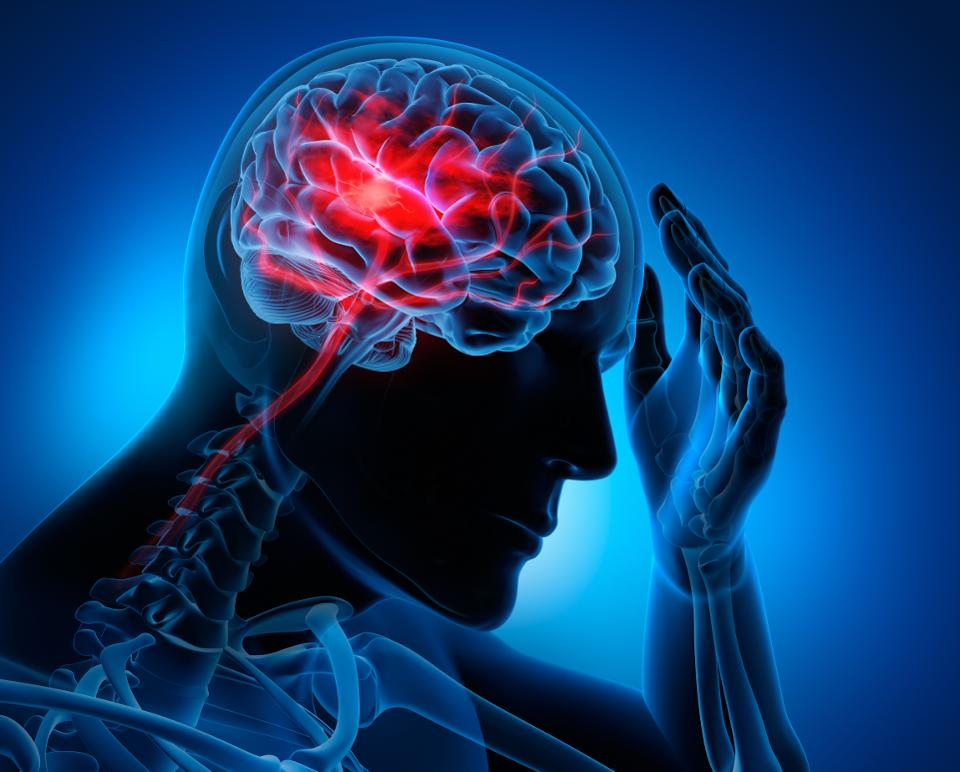Neurological disorder is a medical emergency attributed to central veins. when the blood supply to the brain is obstructed, the brain stroke occurs.
If the blood flow to part of the brain is interrupted and eventually stopped, That part of the brain can not retain its normal functionality. The state is referred to as brain stroke.

An artery blockage by a blood clot referred to as brain thrombosis or ischemia brain stroke. The main cause of thrombosis is endothelial disturbance.
A Blood clot is formed elsewhere in the body for instance heart, then travels to the brain via the bloodstream, this is called an embolic stroke.
The brain bleeding caused by a rupture in one of the brain’s arteries is another factor in brain stroke.
The blood clots causing thrombosis and embolism are most likely formed in an artery damaged by atherosclerosis.
Atherosclerosis is when the artery walls are hardened by fat sediment. Factors most likely to enhance atherosclerosis are smoking, fat consumption in daily diet, diabetes, excess fat in blood
Blood-brain barrier in the capillaries is crucial because of protective role it plays. If this barrier is disrupted, the risk of brain stroke and some other brain lesions increase. For blood capillaries to grow, specific types of cells called pericytes are required, these cells in the brain carry a certain protein namely FOXF2. This kind of protein is only to be found in the brain pericytes. Researches at Gothenburg University of Germany has found that this protein can help lower the risk of brain stroke.

Brain stroke symptoms:
- Numbness or weakness in the arm, face, and leg, especially on one side of the body (Hemiparesis)
- Paralysis of the face, arms and legs on one side of the body (hemiplegia)
- Stumbling or loss of balance (Ataxia)
- Trouble speaking and understanding what others are saying (Dysarthria)
- Difficulty swallowing (dysphagia)
- Numbness and the itching of body parts
- Confusion, disorientation, or lack of responsiveness (Paresthesia)
- Vision problems, such as trouble seeing in one or both eyes with vision blackened or blurred or double vision
- Severe headache or dizziness with an unknown cause and sudden passing out
- Urinary and fecal incontinence
- Trouble saying a word or trouble understanding words
- Intricate movement’s disturbance
- If brain stroke is severe, the parts of the brain which are in charge of regulating respiration and blood pressure may get involved or may cause a patient to fall into a coma. Brain stroke may have life-threatening results



